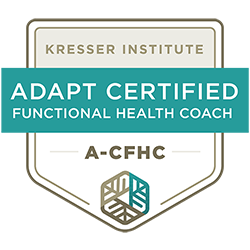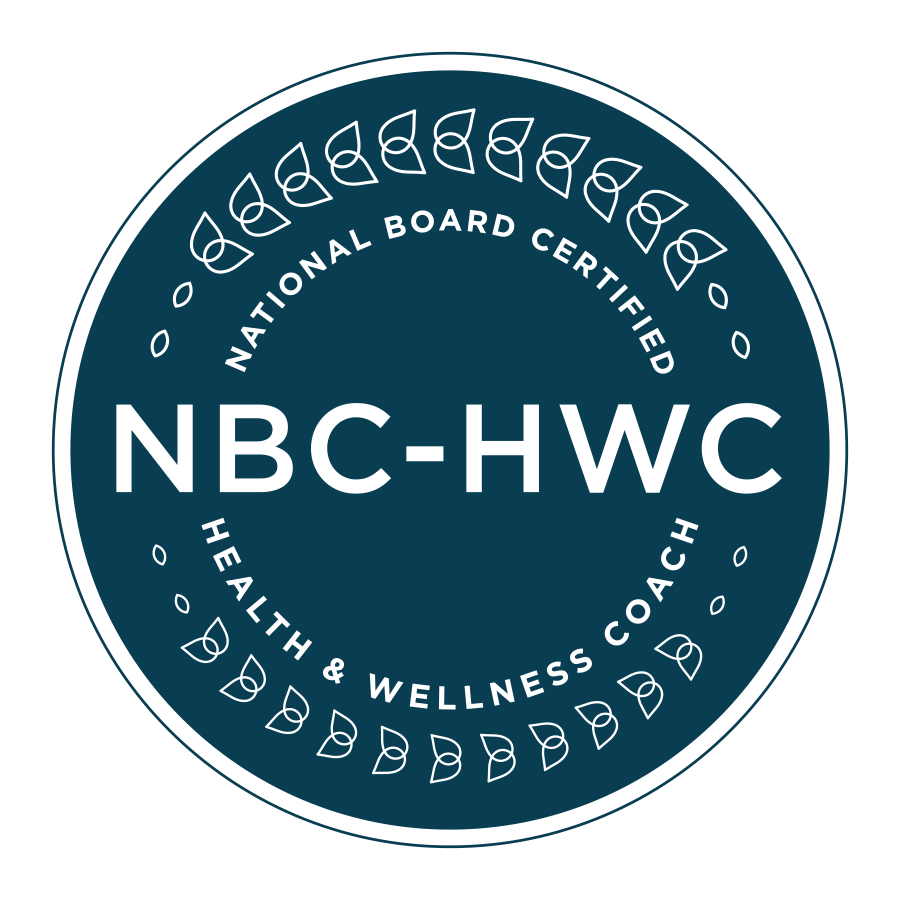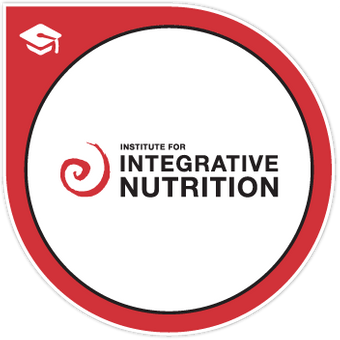“But, I’m in a rush!”
Poached eggs are one of my favourite breakfasts – even when I’m in a rush.
You might be thinking that poached eggs are too time consuming and faff-laden for breakfast.
But this recipe is foolproof and simple to make. From start to finish, it takes me 10 minutes to cook and eat them.
Granted, if I’m not being mindful about how I eat, it takes me about 30 seconds or fewer to demolish two or three of these tasty, nutrient dense treats in one sitting.
The gentle cooking technique allows these eggs to come out exactly like you see them in a Michelin-starred restaurant: nicely firm, almost translucent whites with runny yolks inside.
 Eggs from pastured hens have up to 10 x more omega-3 than factory / CAFO raised hens, and are higher in Vitamin B12 and folate. Organic eggs also won’t be chock full of pesticides, antibiotics and hormones that will disrupt your body’s systems.
Eggs from pastured hens have up to 10 x more omega-3 than factory / CAFO raised hens, and are higher in Vitamin B12 and folate. Organic eggs also won’t be chock full of pesticides, antibiotics and hormones that will disrupt your body’s systems.
The steps listed below are important to get perfect eggs, as are the quality and freshness of your eggs.
So, rather than trying to make them for the first time during the week when you’re thinking about your commute, perhaps you might rustle them up at the weekend so you can experiment, and nail this!
I know you can do it!
Poached eggs are one of my favourite breakfasts – even when I’m in a rush. #jerf
Tweet
ps You can also try making these boiled eggs that are nice to your nose! They’re great when made ahead of time, so you can keep a stash in your fridge on a Sunday evening ready for your week’s snacks. You’ll have no problems eating them in your office or at home, as this recipe ensures you don’t cause a stink around you!
Ingredients
Eggs.
As fresh as possible. Free range and organic and pasture-raised are best (see below).
Medium or small saucepan 2/3 full of boiling water.
Colander or sieve.
Avoid using a fine mesh sieve as the liquid-y bits of the whites won’t drain away as the holes will be too small.
Slotted spoon.
Salt, pepper and olive oil.
Preparation
Crack an egg into your colander/sieve.
Allow the “liquid-y” bits of the whites to drain away.
Transfer your drained egg carefully to a small cup or bowl.
Repeat with as many eggs as you wish. Place one, maximum two eggs, in your small cup or bowl. Use more cups/bowls if you are making more eggs.
Fill your saucepan 2/3 full of water and bring to the boil. Pouring boiling water from a kettle is fine!
Turn your stove to a setting where you see the water simmering gently, with maybe a few very small bubbles appearing from time to time.
The water in your saucepan should not be on a roiling boil!
Using a slotted spoon, stir the water in the pan so it looks like a gentle vortex swirling around.
Gently pour your drained eggs one (or two) at a time into the swirling water.
 Your eggs should be perfect oval balls of goodness in the water. If the water has become milky white, it means your eggs aren’t absolutely fresh. Don’t worry, the eggs will still taste delicious, but you may not get that Michelin-starred perfect-looking egg. Try again next time with fresher eggs!
Your eggs should be perfect oval balls of goodness in the water. If the water has become milky white, it means your eggs aren’t absolutely fresh. Don’t worry, the eggs will still taste delicious, but you may not get that Michelin-starred perfect-looking egg. Try again next time with fresher eggs!
Gently stir the surface of the water occasionally for the first minute or so, so that the eggs don’t stick to the bottom of the pan.
Don’t be tempted to turn up the temperature.
Be patient, and stir once in a while.
After 4-6 minutes, use your slotted spoon to remove and drain your eggs from the water. Take them out at a time that suits how firm you like your poached eggs.
Place in a serving bowl, and add salt, pepper and olive oil to taste.
Storing for use later
If you want to keep your poached eggs for use later, place them in a container of ice cold water to stop them cooking.
When you want to use them, reheat the eggs by filling a cup or bowl with freshly boiled water, and place your poached egg in the water.
Leave there for a minute or so. That will heat them up to a perfect warm temperature, without turning them hard and rubbery.
Eggs: why free range and organic and pasture-raised?
If you tolerate eggs, they’re packed full of goodness.
My brain and stomach are always thankful for the 13 essential nutrients that are packed into the yolks of eggs (but they’re in the yolks only!): the B vitamins, vitamin E, vitamin D (from pasture-raised hens, but not conventionally-raised / CAFO hens), and choline.
Try to buy organic, free-range eggs when you can!
 In 2015, the U.S. Dietary Guidelines Advisory Committee finally aknowledged that there is no connection between dietary cholesterol and heart disease and no longer suggests restriction of cholesterol in the diet.
In 2015, the U.S. Dietary Guidelines Advisory Committee finally aknowledged that there is no connection between dietary cholesterol and heart disease and no longer suggests restriction of cholesterol in the diet.




